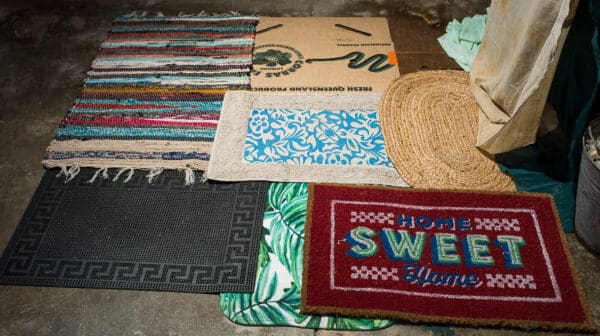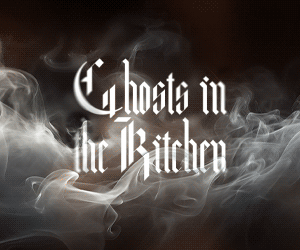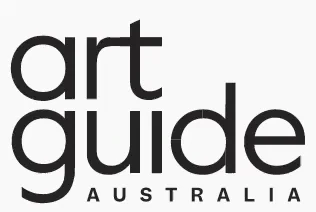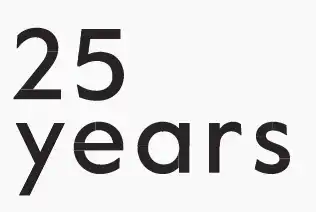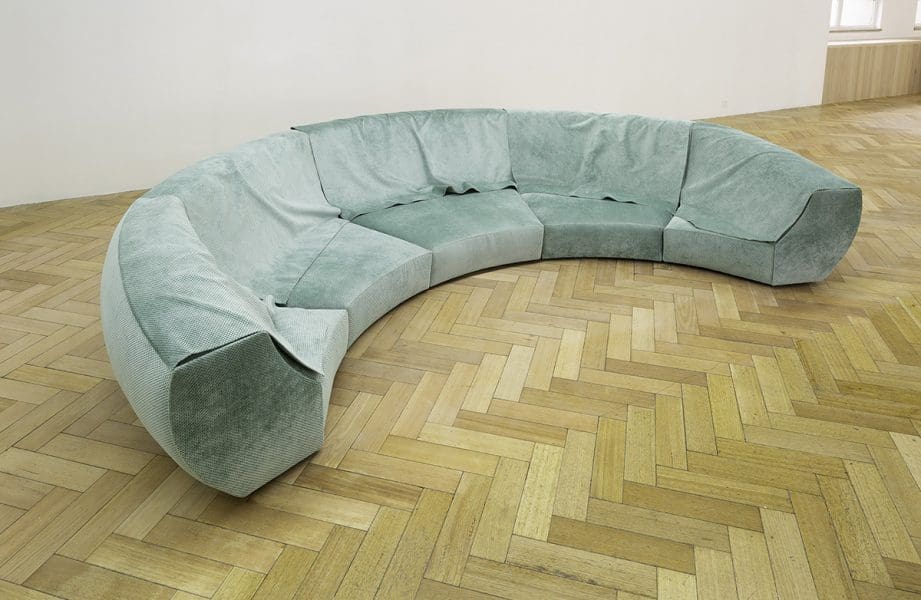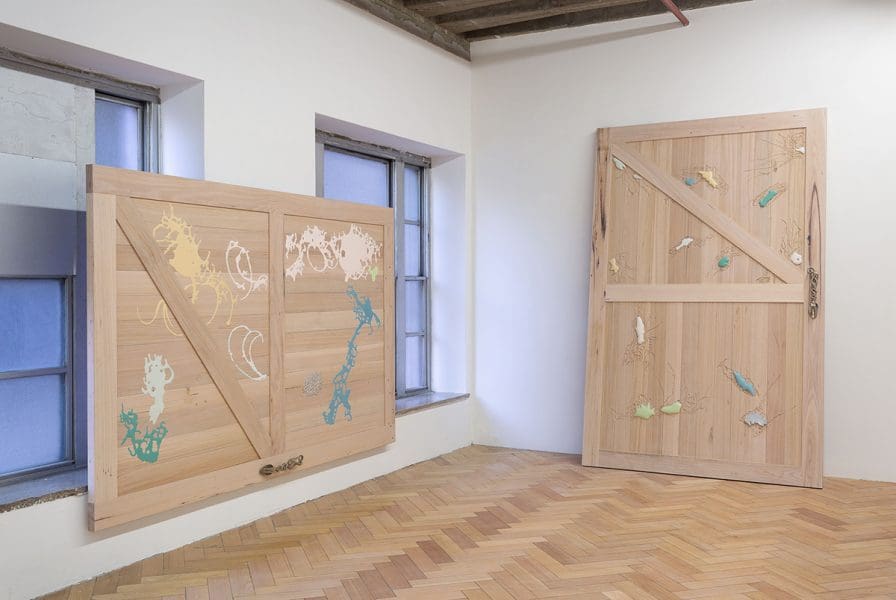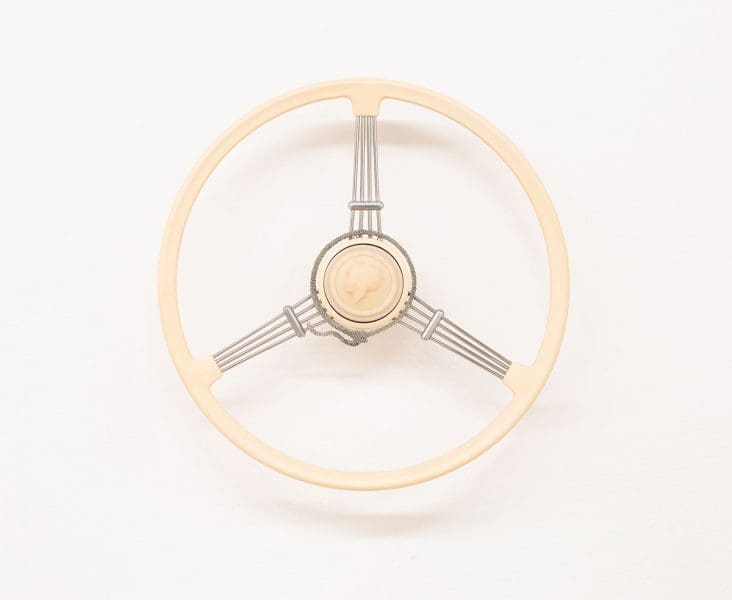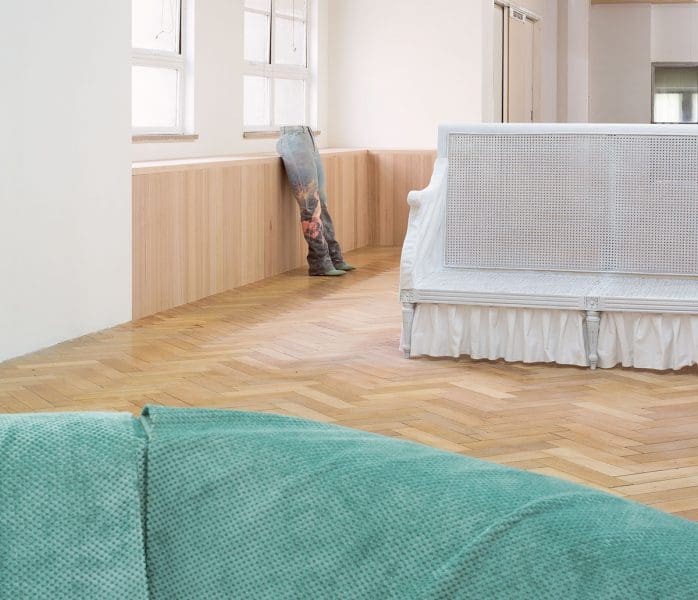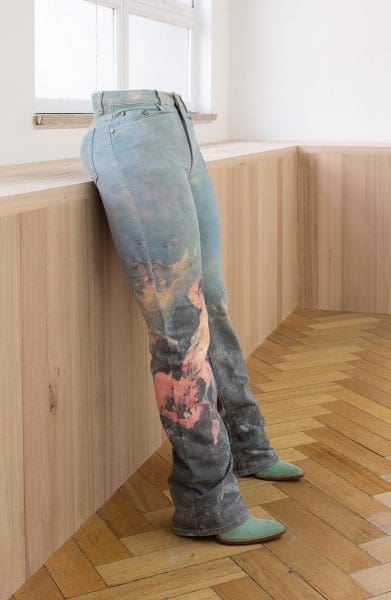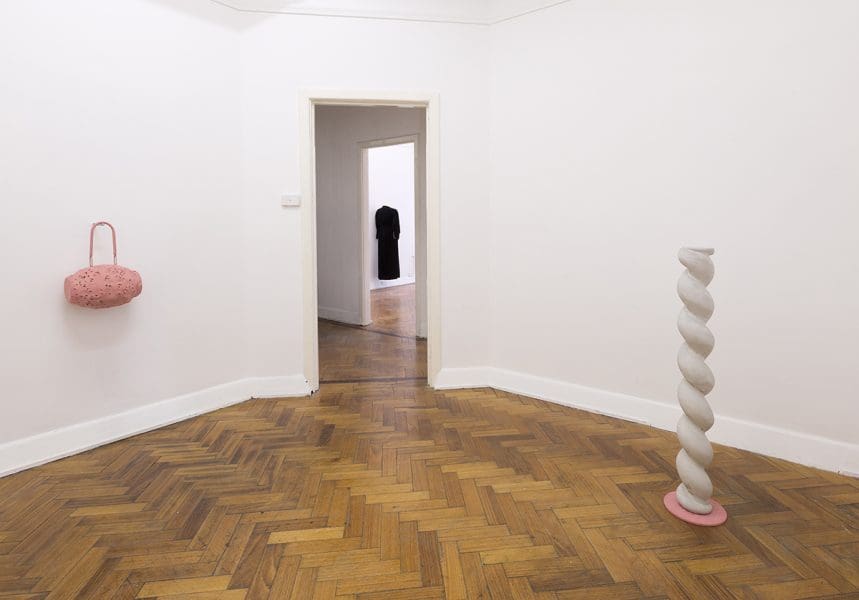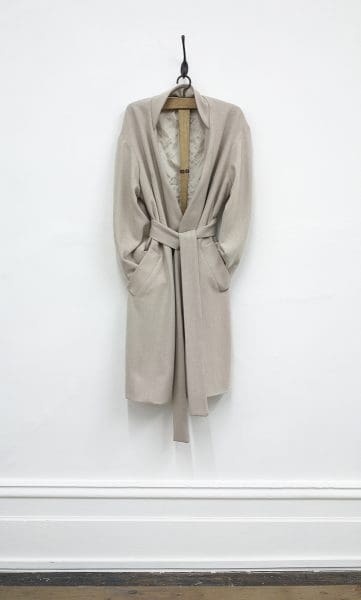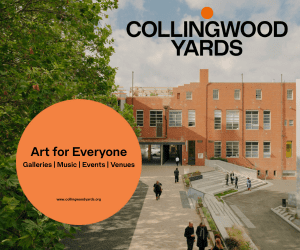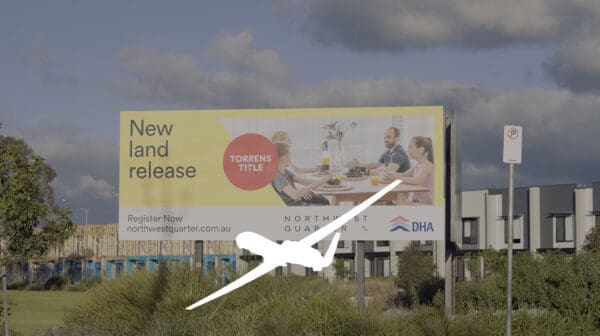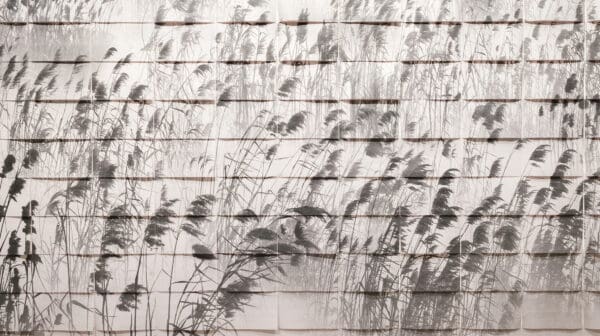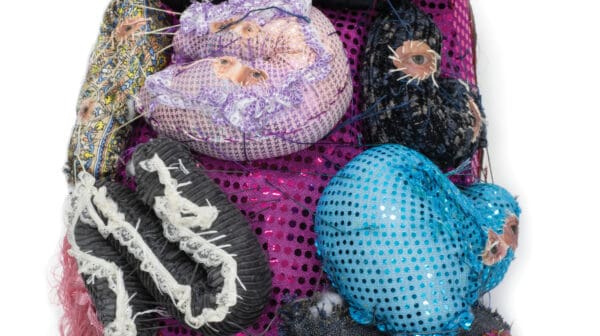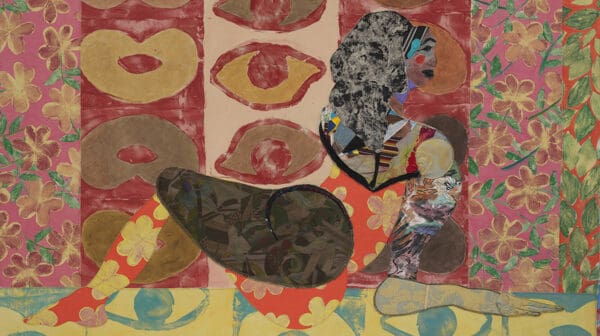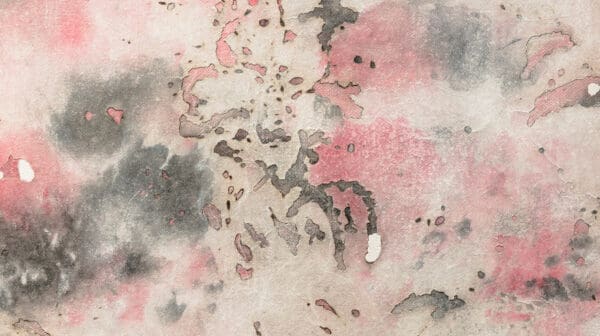The contexts that Fiona Abicare has worked within are plentiful: the Golden Age of Hollywood, the shabby chic aesthetic and objects of mass culture, just to name a few. Working with locations such as window shop fronts and gallery settings, the Melbourne-based artist’s work explores the cultural and personal associations and histories we have with various sites, objects and historical periods; creating works that blend art, design, architecture, film and fashion.
As Abicare explains in the podcast, she works at the junction between contemporary art and interiors, always creating directly in relation to a certain site or context. “The site dictates the approach, [which] dictates the medium, the subject and the starting point,” she says. “I’m not a studio-based artist that goes to the studio every day and does continuous making. I do projects.”
This site and context-based practice has led Abicare to create both small and large scale objects of great beauty and meaning. Her works explore various historical periods and aesthetic styles, looking at the associations and relationships we have with different objects and past moments. “I feel like I’m developing ideas of what’s existing,” she explains. “I’m pulling these cultural moments or these social histories together and representing them in media-specific ways.”
Within this lies Abicare’s well-honed technical skills, and the joy (and sometimes the setbacks) of working with a wide array of materials to create her sculptures: what Abicare calls “an adventure of mediums.” As she sums up, “Generally it’s about the chase of developing something new.”
Abicare discusses where her practice started, the familial and personal resonances in her work, how she holds down a full-time job, and the current cultural climate that artists Australia-wide work within. “It’s a big issue for people to survive in I guess a country that’s increasing in cost of living and the amount of money that it takes for artists to pull off production shows — or not just production shows, but shows period,” says Abicare.
We also discuss her current exhibition Rose Moon at West Space; considering how Abicare evokes a shabby chic aesthetic across a series of large-scale sculptures, and how her work engages with the role of the female home decorator and feminine aesthetics.
Stay up to date with the Art Guide podcast by subscribing via iTunes or Spotify.
Rose Moon
Fiona Abicare
West Space
15 February – 13 April
